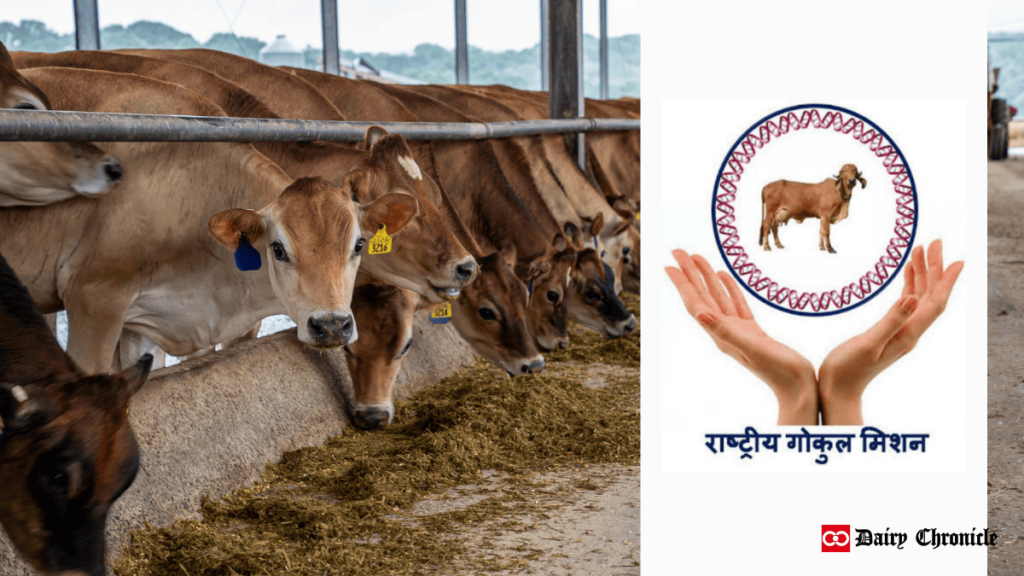The Indian government has allocated ₹700 crore to the National Gokul Mission, focusing on enhancing dairy productivity, preserving indigenous cattle breeds, and supporting rural livelihoods through financial assistance, interest subventions, and advanced farming practices.
The Indian government has allocated ₹700 crore in the budget for the National Gokul Mission (RGM), reflecting a significant commitment to advancing the dairy sector. This initiative aims to boost productivity, support rural livelihoods, and preserve indigenous cattle breeds. By investing in the dairy industry, the government seeks to enhance the overall quality and sustainability of animal husbandry practices in India.
Overview of the National Gokul Mission
Launched in December 2014, the National Gokul Mission is a strategic initiative under the Department of Animal Husbandry and Dairying. The mission is designed to address critical challenges in the dairy sector, including low productivity and the need for breed improvement. It supports various programs and projects to strengthen the infrastructure and capabilities of dairy farming.
Key Benefits of the National Gokul Mission
- Financial Assistance for Infrastructure:
- The mission provides a 50% subsidy for investments in breeding farms and silage-making units. This includes support for facilities involved in cow, buffalo, pig, poultry, and goat farming.
- Grants can reach up to ₹4 crore for large-scale projects and ₹60 lakh for smaller operations, helping farmers and entrepreneurs improve their infrastructure.
- Interest Subvention on Loans:
- Beneficiaries can avail a 3% interest subvention on loans under the Animal Husbandry Infrastructure Development Fund (AHIDF). This reduces the cost of borrowing and encourages investment in animal husbandry infrastructure.
- Support for Farmers and Livestock Herders:
- The mission aims to impact over 50 lakh farmers directly and indirectly. By providing financial support and technical assistance, it helps improve farming practices and enhance the livelihoods of those involved in dairy farming.
Purpose of the National Gokul Mission
- Enhancing Dairy Productivity:
- The mission focuses on increasing milk production and overall productivity through advanced techniques and improved management practices. This includes better feeding, health care, and breeding practices.
- Genetic Improvement of Livestock:
- It promotes the use of high genetic merit cattle for breeding, aiming to enhance the genetic quality of livestock and improve productivity. This also includes the strengthening of breeding networks and delivery of artificial insemination services.
- Conserving Indigenous Breeds:
- The mission supports the conservation of indigenous cattle and buffalo breeds, ensuring their preservation through scientific and holistic approaches. This helps maintain genetic diversity and adapts breeds to local conditions.
- Promoting Technological Advancement:
- It encourages the adoption of modern technologies in dairy farming, including artificial insemination, disease management, and nutrition. This helps farmers achieve better results and manage their herds more effectively.
The National Gokul Mission represents a major investment in India’s dairy sector, aiming to enhance productivity, support indigenous breeds, and promote sustainable practices. By providing financial assistance, technical support, and promoting technological advancement, the mission offers significant opportunities for farmers and stakeholders to improve their operations and contribute to the growth of the dairy industry in India.
How to Apply: For more information and to apply for benefits under the National Gokul Mission, visit the official website: National Gokul Mission.
